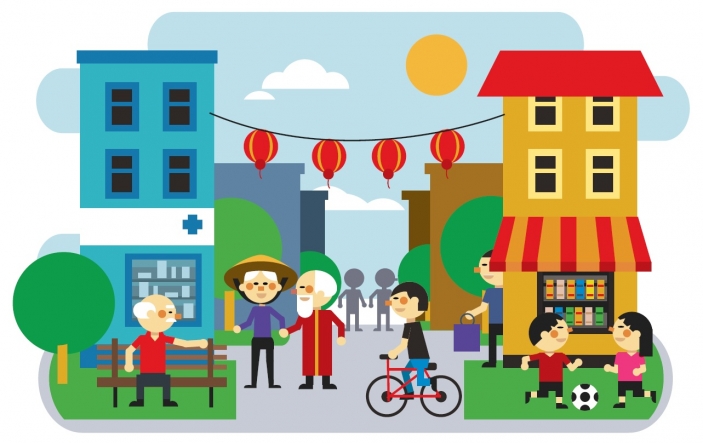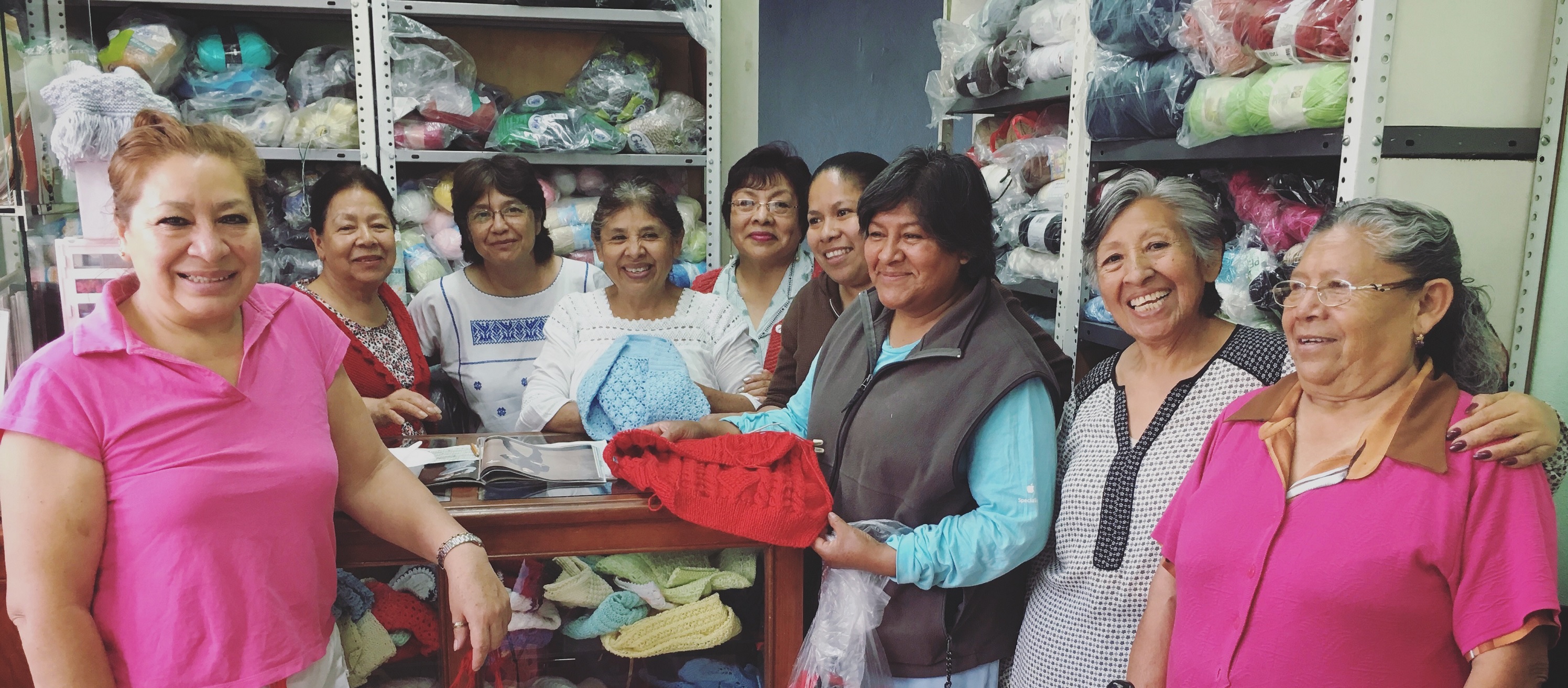In an increasingly urban world, ensuring our rights are fulfilled and we are free from age discrimination is key to building inclusive, sustainable, secure and prosperous communities for all.
The global population is both urbanising and ageing at historically unprecedented rates, especially in low and middle-income countries. Today, over 500 million older people live in towns and cities, accounting for 57% of all older people. By 2050, this figure will have doubled to over one billion.
These century-defining mega-trends will change the way we live, work, play, socialise and experience our urban environments throughout our lives and into older age.

How do cities discriminate against older people?
We have a right to belong in a city no matter our age. But cities often fail to protect and promote our rights and actively discriminate against us socially, economically and spatially based on our older age.
- Social: Negative ageist stereotypes and a lack of understanding of the diversity of older age keeps us on the margins of in city life, decision making, and community activities as we age.
- Economic: Urban life is expensive and discriminates against older men and women. Those living on a low income or working in the informal sector are restricted in their ability to live comfortably and depend on a secure income.
- Spatial: Inaccessible spaces and services, inappropriate housing, hostile streets, poor public transportation, the risk of humanitarian disasters, and increasing political instability all limit the enjoyment of our rights in older age.
What problems do older people face in cities?
As people grow older in urban environments, their needs change and cities must adapt to accommodate them.
- Pollution: Poor air quality affects people of all ages, and is linked to over seven million deaths each year, but it disproportionally impacts older people. Air pollution causes chronic respiratory conditions, heart disease and stroke, which can all lead to premature death.
- Dementia: With people living longer in cities, the prevalence of dementia in urban areas is growing and predicted to double every 20 years, particularly in low and middle income countries.
- Non-communicable diseases: Three in every four people who live with non-communicable diseases (NCDs) are aged over 60. Two-thirds live in urban environments that discourage physical activity, encourage bad diets and lack green spaces.
Report: Ageing and the city
Download our report Ageing and the city: making urban spaces work for older people.
Meet the women growing older in Mexico City

(c) Sion Jones/HelpAge International
These older women in Mexico City love their city, but it could cater to their needs better
“Walking up and down steps is difficult, tiring and there are no benches for us to rest.”
Discover what life is like for older people in Mexico City, as we meet a knitting group in the city’s Iztapalapa district in our Exposure photo blog.
Useful links
- Read Ageing and the city: making urban spaces work for older people (945kb)
- Read Shaping Ageing Cities – a comparative overview from Arup of the performance of 10 European cities, based on ageing data
- Find out more about the World Health Organization’s work on age-friendly cities
- Read Comments on the New Urban Agenda Revised Zero Draft by the Older Persons Partner Constituent Group, Habitat III General Assembly of Partners (PDF) (227kb)
- Download Responding to an ageing and urbanising world (PDF) (132kb)
